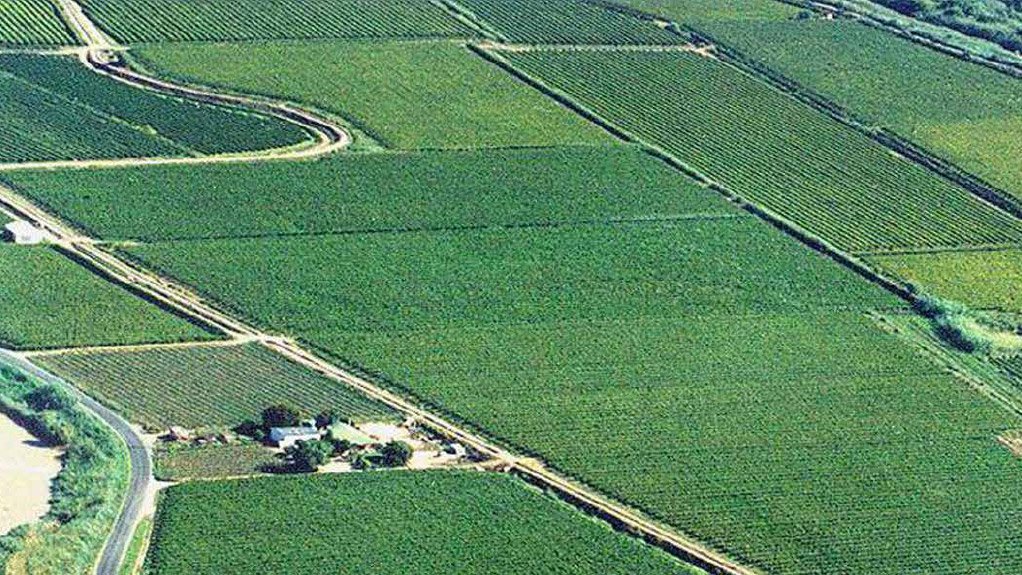- National Land Reform Programme and Rural Development - Policy Brief 33.28 MB
South Africa’s land reform programme has not reached its policy objectives for various reasons; among these are the failure by government to provide adequate services to make the redistributed land productive, and the lack of access to credit, equipment and technical assistance, which makes it difficult for land reform beneficiaries to put land to productive use.
The Financial and Fiscal Commission (the Commission) undertook a study into the land reform programme. Part of the problem is that land reform is framed within the narrow confines of agriculture and does not take into account the inherent sectoral challenges. The survey results show the land reform programme’s lack of success is illustrated by the drastic decrease in production since land was transferred. This has resulted in job losses, especially at sites where the crops grown were labour intensive and required expertise, and in land reform beneficiaries being worse off than those who did not benefit from land reform. Government’s approach is to purchase and then lease the land to beneficiaries indefinitely.
However, many farms are too expensive for the state, and so currently the beneficiaries far exceed the farms available. The funding model does not include affordable loans to support land reform beneficiaries, while grant funding to assist with planning is not available or difficult to access. The lack of planning also results in a gap at local government level. The Commission recommends that grants be consolidated into one funding programme for emerging land reform farmers, that funding be reprioritised to address implementation gaps (e.g. train land reform farmers in business skills), and that the role of municipalities be clarified.
Report by the Financial and Fiscal Commission
EMAIL THIS ARTICLE SAVE THIS ARTICLE ARTICLE ENQUIRY
To subscribe email subscriptions@creamermedia.co.za or click here
To advertise email advertising@creamermedia.co.za or click here











